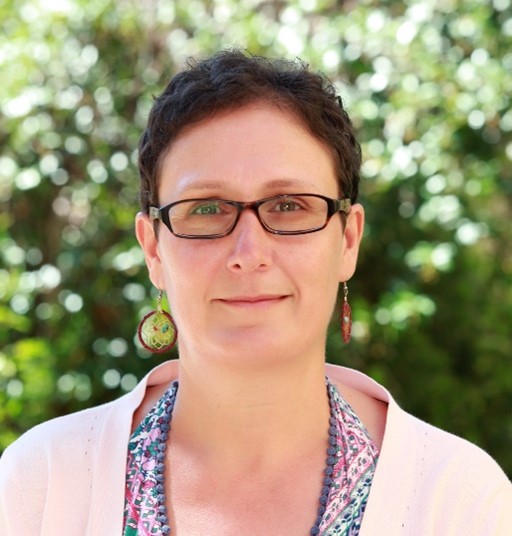The fear of the unknown is a trait that has defined humanity for millennia. While once we feared the darkness and what might lie hidden beneath the stormy seas, some of us fear what lies behind the colorful computer screens, tablets, or gadgets so cherished by today’s youth. Teaching someone to overcome their fear of technology is no easy endeavor. Many argue that gradual exposure to the feared technology in an incremental fashion will habituate them to the fear. However, I recommend a more direct approach: throw educators in the digital sea and let them swim.
As a physician significantly involved in the field of medical education, a choice lay before me: would I continue to fear and resist change and ignore the overwhelming need of my students to have more technologically advanced lessons and curricula? Or would I face the unknown and push myself into mastering all I needed to be the educator they needed me to be? Thankfully, I chose the latter. This blog post offers a brief glimpse into my story. You will witness how when learning to swim, I was not given floating tools or trained in the shallows. I was thrown into the deep end and emerged all the better for it.
It all began with an email invitation to attend the Harvard Macy Institute Transforming your Teaching using Technology course, an eight week online synchronous course offered by the Harvard Macy Institute. I was initially reluctant to register knowing that I am not very technology savvy and am typically a slow or non-adopter of technologic innovations. Yet, for a while, I have been realizing the importance of embracing and integrating information technology, particularly within medical education. I felt the pull to explore and pursue how technology can help us when used to its fullest potential. This became rapidly relevant during COVID-19 when educators including myself were forced to immediately switch to online teaching and assessment, and I wanted to learn more.
The first course session was a shock. We were immediately thrown, as a newly formed team, into a virtual escape room activity. I had to use various tools simultaneously such as accessing and playing the game virtually on Zoom, keeping up with the chat, scanning QR codes with my phone to swiftly answer questions in Kahoot and providing “Mehta Minute” feedback at the end of the session. I was incredibly overwhelmed, but I survived! The roller coaster continued in the second week of the program, though I was gradually becoming more tech savvy, I still yearned for a glimpse of fresh air. The breather came in weeks three and four. This is when we sat back and reflected on theories and frameworks behind the appropriate design of learning experiences and how to facilitate active learning. The weeks that followed, though still loaded with new ideas and tools, were easier for me to grasp. I even started to look forward to learning and experimenting with new tools and thinking of ways to integrate them in my teaching while keeping in mind social and cognitive learning principles.
The design of the course activities has drastically increased my technological fluency and skills. For example, I am now regularly prompting large language models such as ChatGPT and Copilot to inform my development of sequential disclosure of clinical cases and scenarios, single choice questions, learning outcomes, and assessment rubrics. I am also transforming my lectures with interactive techniques such as live polling and Padlet gallery walks. I cannot claim to be proficient in all technology tools that we were exposed to, but I am at least no longer afraid. I am now ready to dive in, explore and embrace this ever-evolving field. Should I need any help, I know that there is a Harvard Macy Institute community of practice ready and available for the rescue.
Nathalie Zgheib, MD


